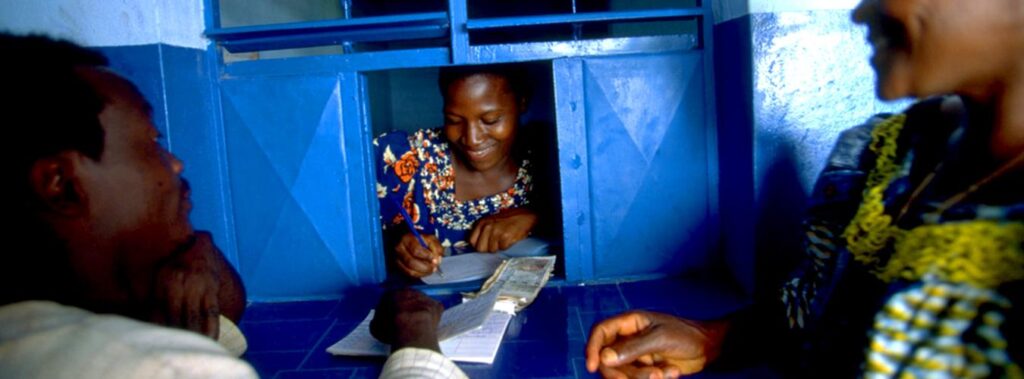International Day of Family Remittances

International Day of Family Remittances

Event Details:
-
June 16 – June 16
-
About the Event:
Background
The International Day of Family Remittances (IDFR) is a universally-recognized observance adopted by the United Nations General Assembly and celebrated every year on 16 June. The Day recognizes the contribution of over 200 million migrants to improve the lives of their 800 million family members back home, and to create a future of hope for their children. Half of these flows go to rural areas, where poverty and hunger are concentrated, and where remittances count the most.
Through this observance, the United Nations aims to bring greater awareness of the impact that these contributions have on millions of households, but also on communities, countries, and entire regions. The Day also calls upon governments, private sector entities, as well as the civil society, to find ways that can maximize the impact of remittances through individual, and/or collective actions.
The IDFR is now fully recognized at the global level, and included as one of the a key initiatives to implement the Global Compact for Safe, Orderly and Regular Migration (Objective 20), also calling for the reduction of remittance transfer costs, and greater financial inclusion through remittances. The Day also promotes achievement of the Sustainable Development Goals (SDGs) and furthers the 2030 Agenda for Sustainable Development.
Remittance flows trends
In 2022, international remittances to low- and middle-income countries (LMICs) amounted to US$647 billion. Such average monthly transfers of US$200-US$300 sent by migrant workers support many basic household and prove transformational for both households and local communities, enabling many families to achieve their ‘own’ Sustainable Development Goals (SDGs).
However. the cost of transferring US$200 across international boundaries to LMICs is still high —averaging 6.2% in the fourth quarter of 2022. Mobile providers offer the best rates (4.5%), but less than 1% of transactions are made through digital channels. Remittance services are now much quicker and less expensive thanks to digital technologies.
For further information visit: familyRemittances.org and IFAD.
Digital remittances towards financial inclusion and cost reduction
IFAD, as custodian of the IDFR, aims at ensuring support of the observance and dissemination of resulting actions in the framework of the decennial #FamilyRemittances Campaign 2020‑2030: Support one billion people reach their own SDGs. In that timeframe, through a spotlight on yearly themes aligned to the global development agenda, the campaign aims at strengthening and guiding stakeholders in focusing on the new trends and priorities that make remittances count more.
The IDFR 2023-24 campaign focuses on promoting digital technologies to enhance financial inclusion in LMICs, and to work towards achieving the cost reduction target of 3% as mentioned in SDG 10.c.
The IDFR and the United Nations commend the determination and resilience of the human spirit as evidenced by migrant workers. Further, the UN calls for governments, the private sector, development organizations and the civil society to promote digital and financial solutions for remittances that foster greater social and economic resilience and inclusion.

